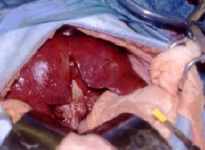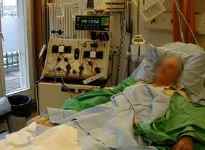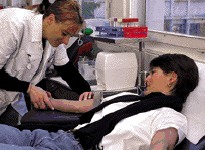|
Tissue or cells that have lost their function can be replaced through transplantation. Transplantation saves life's or improves the quality of life of thousands of patients. The progress in today's medicine and surgery makes many types of transplantations a therapeutical option. Unfortunately, complications caused by the rejection of foreign tissues by the immune system have not yet been resolved completely. Transplantation immunology is the study of the mechanisms by which immune system recognizes and aggresses foreign tissues. What is this site about ?This site focuses on the differences and common points between organ transplantation, hematopoietic stem cell (HSC) transplantation and blood transfusion. Trying to find an equilibrium between the view of the basic scientist and the every day's practice of the clinician, we will discuss several techniques, indications for transplantation and clinical aspects. A major emphasis will be on the understanding of transplantation barriers. Click on one of the three type of transplantation to enter
The content of this web site has been written by teachers of the University Hospital of Geneva. It is tailored to be a support for the 3rd year transplantation course given at the Geneva Medical School. |



